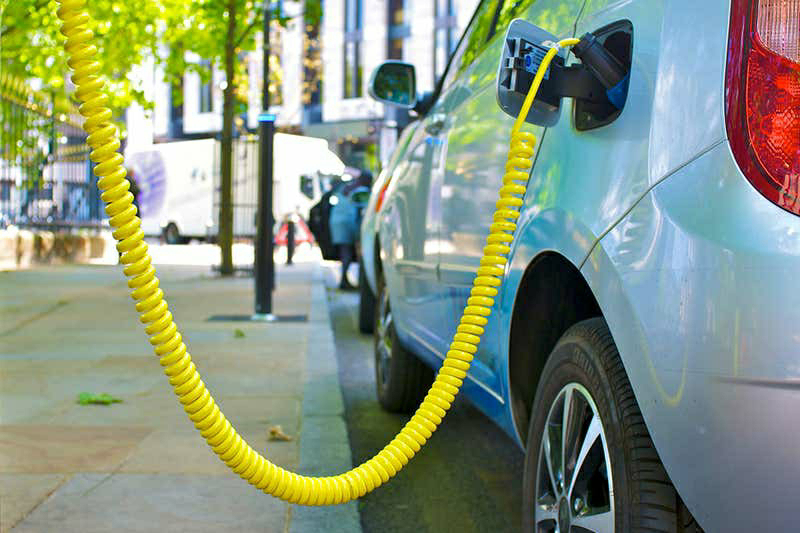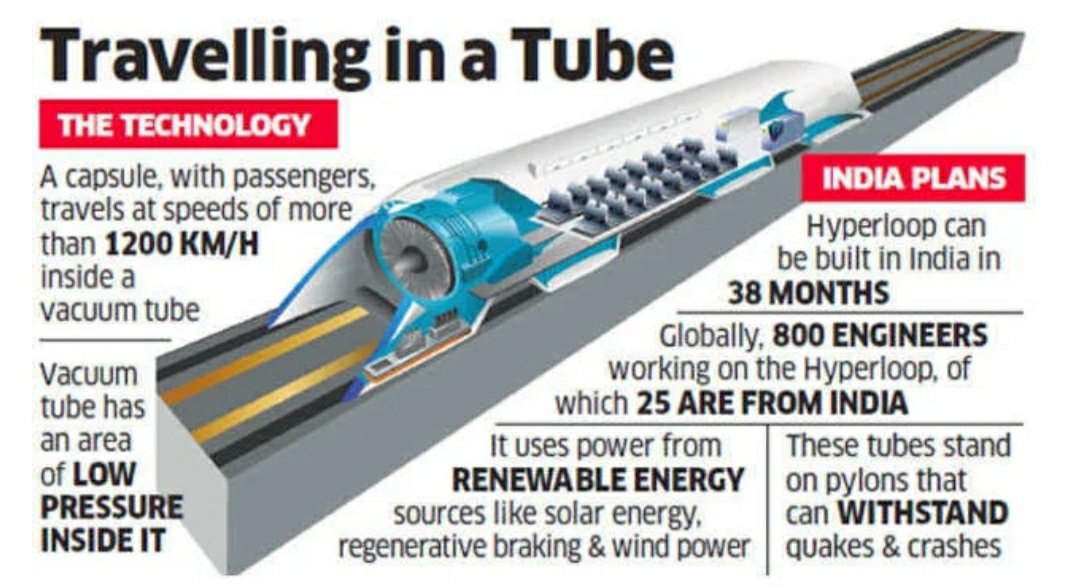Electric cars produce less CO2 than petrol vehicles, study confirms
- Get link
- X
- Other Apps
Electric vehicles produce less carbon dioxide than petrol cars across the vast majority of the globe – contrary to the claims of detractors, who have alleged thain the production of electricity and their manufacture outweighs the benefits.
The finding is a boost to governments, including the UK, seeking to move to net zero carbon emissions, which will require a massive expansion of the electric car fleet. A similar benefit was found for electric heat pumps.
In the UK, transport is now the biggest contributor to the climate crisis and domestic heating has been stubbornly stuck on natural gas for much of the country.
Across the world, passenger road vehicles and household heating generate about a quarter of all emissions from the burning of fossil fuels. That makes electric vehicles essential to reducing overall emissions, but how clean an electric vehicle is also depends on how the electricity is generated, the efficiency of the supply and the efficiency of the vehicle.
That has made some individuals and governments question whether these technologies are worth expanding.
Scientists from the universities of Exeter, Nijmegen and Cambridge conducted lifecycle assessments that showed that even where electricity generation still involves substantial amounts of fossil fuel, there was a CO2 saving over conventional cars and fossil fuel heating.
They found that in 53 out of 59 regions, comprising 95% of the world, electric vehicles and domestic heat pumps generate less carbon dioxide than fossil fuel powered cars or boilers. The only exceptions are heavily coal-dependent countries such as Poland.
In countries such as Sweden, which gets most of its electricity from renewable sources, and France, which is largely powered by nuclear, the CO2 savings from using electric cars reach as high as 70% over their conventional counterparts.
In the UK, the savings are about 30%. However, that is likely to improve further as electric vehicles grow even more efficient and more CO2 is taken out of the electricity generating system.
Heat pumps use electricity and heat exchange systems – similar in principle to those found in fridges – to take advantage of the difference in temperature underground and at the surface, in the case of ground source heat pumps, and between the outdoor air and indoors in the case of air source heat pumps. If they were widely used, the study found, they could reduce global carbon emissions by up to 0.8 gigatons a year by 2050, or the equivalent of Germany’s emissions today.
“The idea that electric vehicles or heat pumps could increase emissions is essentially a myth,” said Florian Knobloch of Nijmegen University in the Netherlands, the lead author of the study. “We’ve seen a lot of disinformation going around. Here is a definitive study that can dispel those myths.”
Jean-Francois Mercure, of Exeter University, a co-author of the study, added: “The answer is clear: to reduce carbon emissions, we should choose electric cars and household heat pumps over fossil fuel alternatives.”
Among the detractors has been Bjørn Lomborg, the climate controversialist, who argued in a column published in newspapers around the world last week that electric cars were “simply expensive gadgets heavily subsidised for the wealthy to feel good while doing very little for the planet”.
Mike Childs, head of science at Friends of the Earth, said: “Electric vehicles and heat pumps are absolutely critical for meeting climate goals so it’s good to see this favourable report. In the UK, both technologies will continue to make big carbon savings alongside our switch from fossil fuels to renewable energy to power the electricity grid.”
But he warned that insulating homesand improving public transport remained important goals, alongside electric vehicles and heat pumps, and called for much more government action to realise the benefits.
“Where the UK is dragging its feet is supporting the necessary rapid rollout of electric cars and heat pumps as well as the infrastructure to support them,” he said.
- Get link
- X
- Other Apps







Comments
Post a Comment
Do comment your queries !
And please do not comment any spam links here.